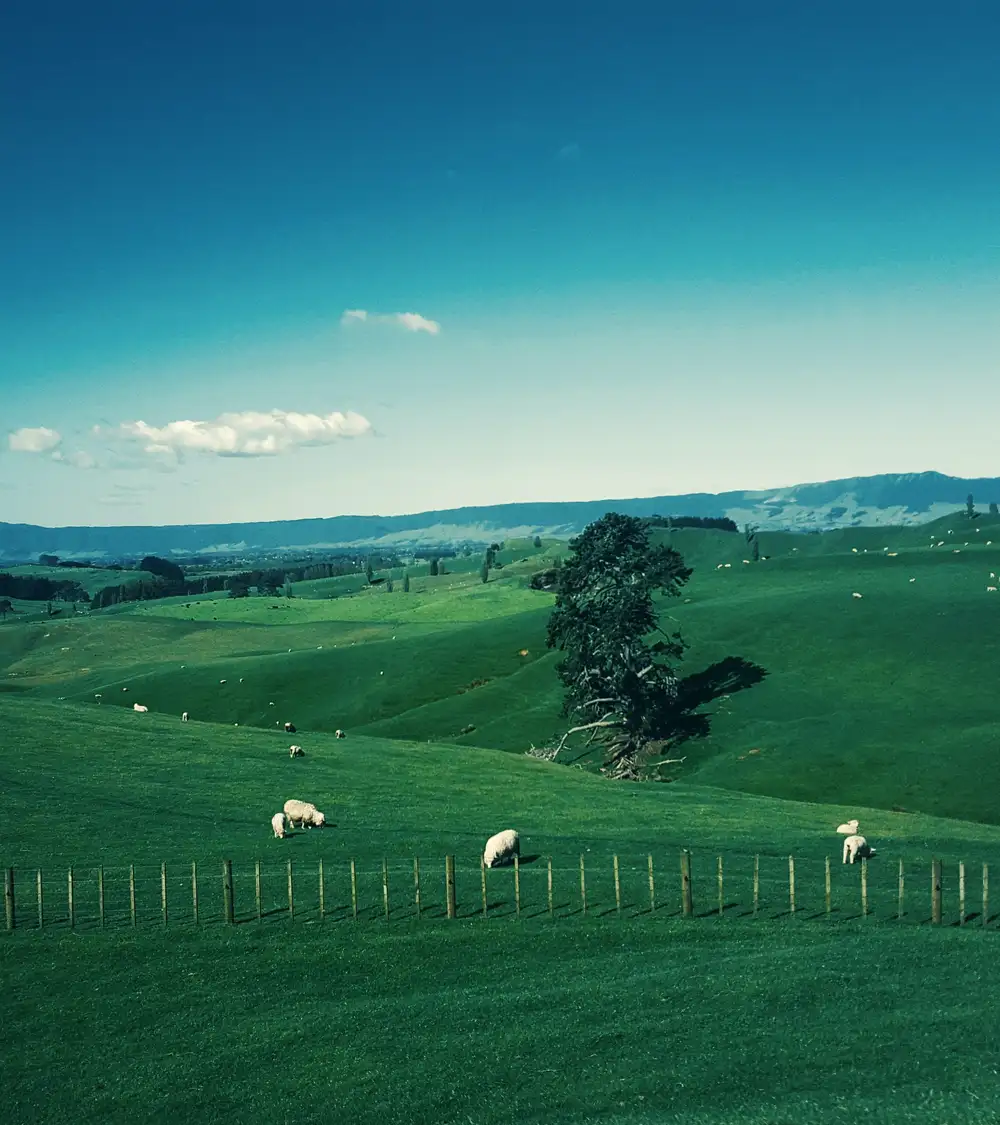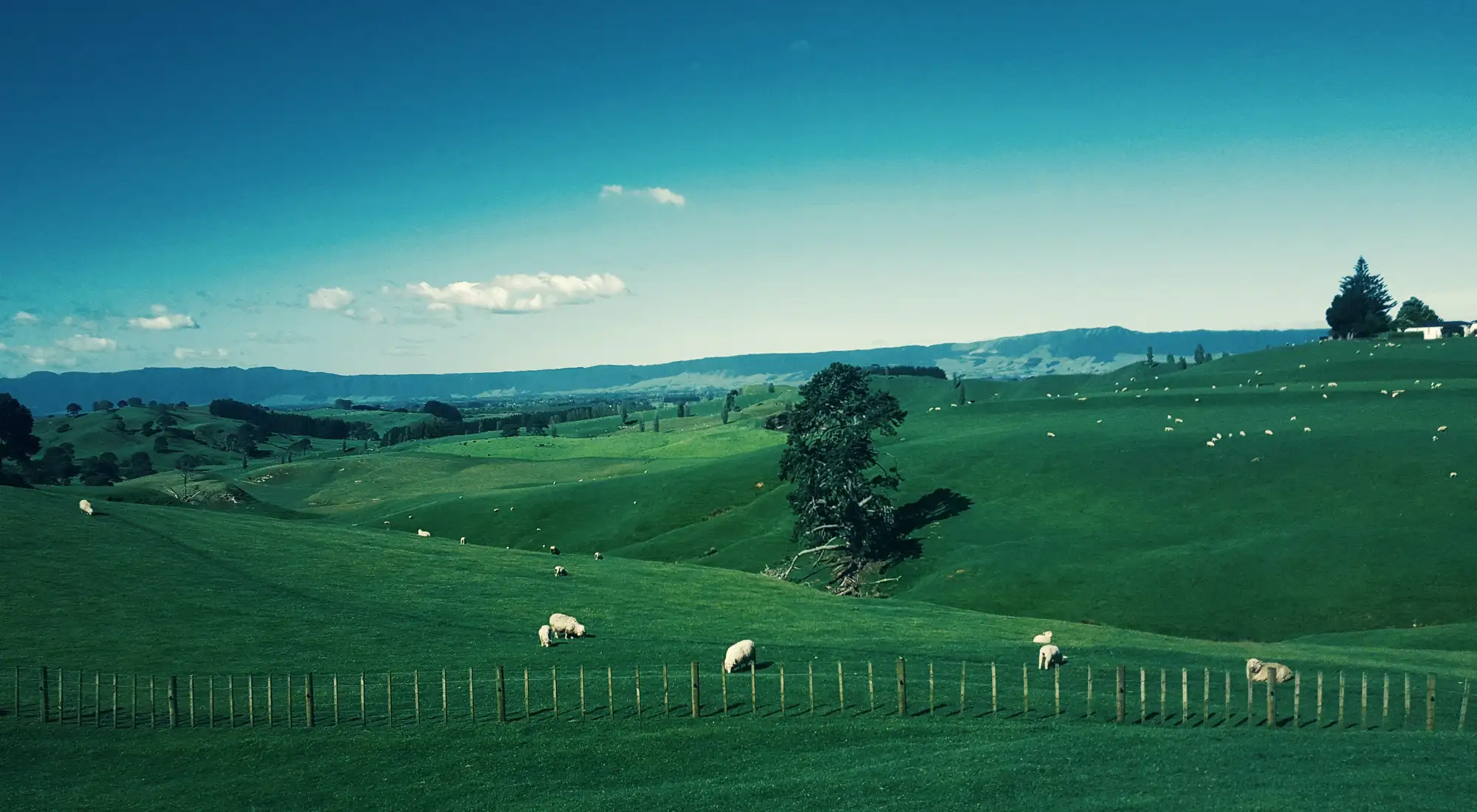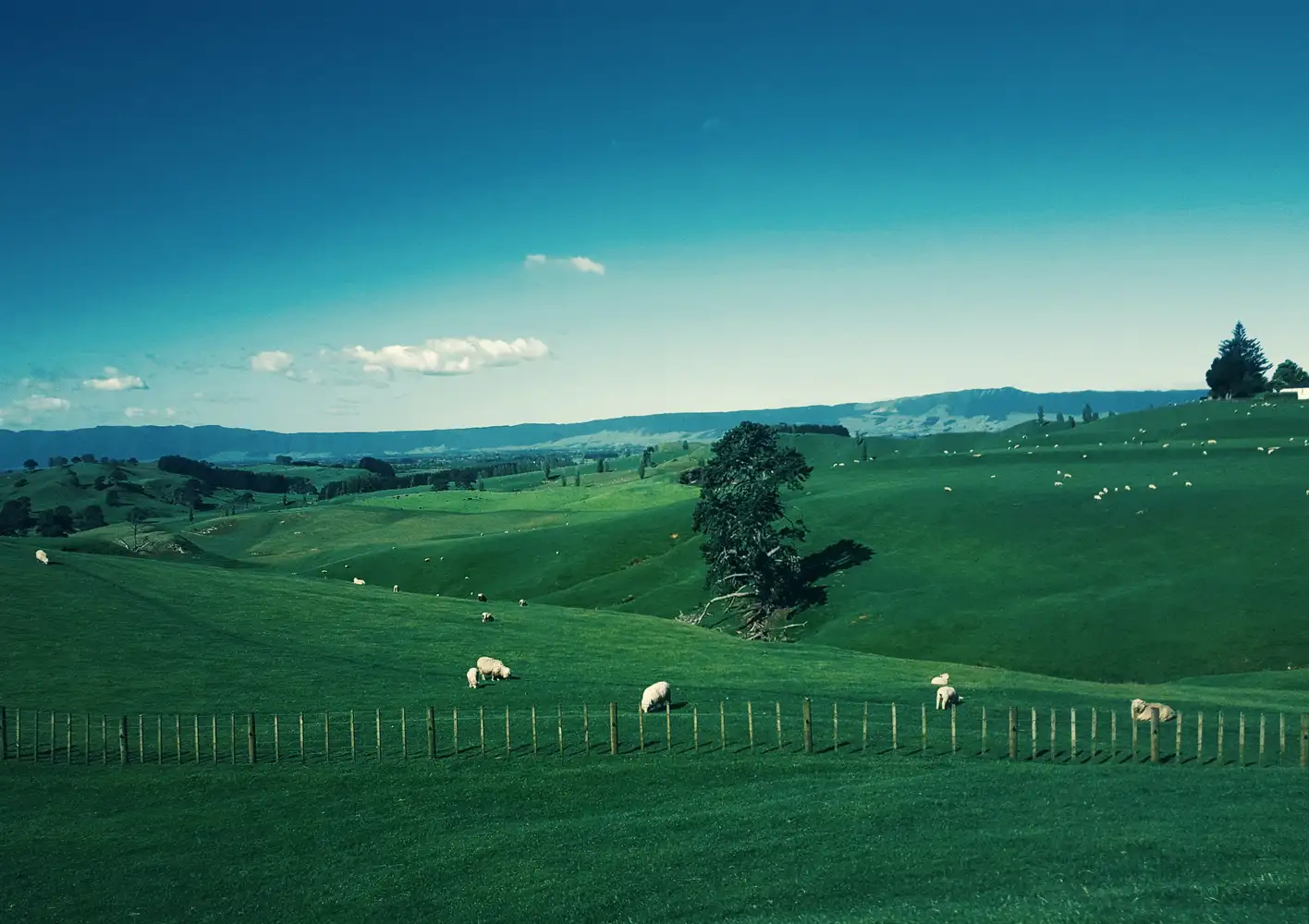Govt must adopt recommended nuanced approach to rural water supplies



31 May 2022
LGNZ has long advocated for privately owned rural water supplies to stay in community ownership as part of the Three Waters Reform, says LGNZ President Stuart Crosby.
The Rural Supplies Working Group recommendations have been released by the Department of Internal Affairs today, confirming that private supplies won’t transfer to new entities.
“This is a real win for our rural communities. There are tens of thousands of privately owned rural supplies, compared with only about 100 council-owned ones,” says Stuart Crosby. “It’s only council-owned schemes that are affected by Three Waters reform.”
“It’s clear that one size does not fit all when it comes to water reforms in our rural communities.
“In these communities, water is used for stock and irrigation as well as household drinking water, creating unique issues for rural users.
“For example, lack of water supply in summer can quickly become an animal welfare issue. Some rural water schemes have complex histories, including management and maintenance by their communities.
“We’ve heard time and time again that there’s a strong sense of ownership.
“That’s why it was so important to see the Group recommend a process where council-owned schemes that are mostly used for stock or irrigation could go back to community ownership.
“There’s a lot of confusion about the difference between three waters reform and the new regulatory regime.
“All suppliers, including the privately owned ones, will need to meet the regulatory standards, though there will be some time to put this in place.
Taumata Arowai is the new regulator responsible for drinking water quality and making sure water suppliers meet standards.
“Rural, small supplies must be registered by 15 November 2025 and be compliant by November 2028. It’s not happening tomorrow – there’s plenty of time.
“The local government sector strongly supports the new water regulator upholding public safety standards.
“Misinformation has been behind much of the confusion in our rural communities. The recommendations announced today will come as welcome relief for people living in some of our most remote parts of the country.
“LGNZ wants the Minister for Local Government, Nanaia Mahuta, to be getting out there and meeting our rural communities to reassure them that private supplies aren’t being transferred to the new entities and answer any questions they may have,” says Stuart Crosby.